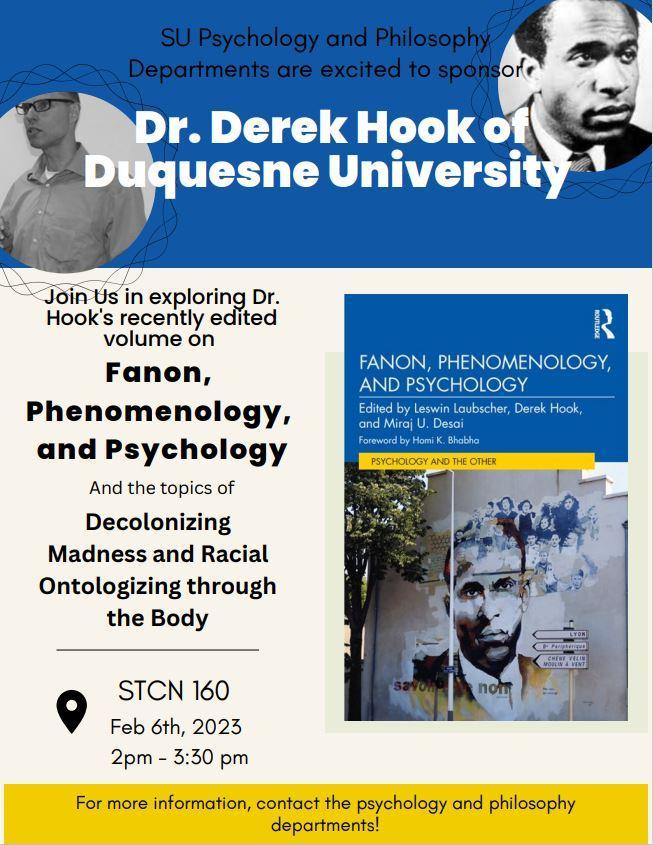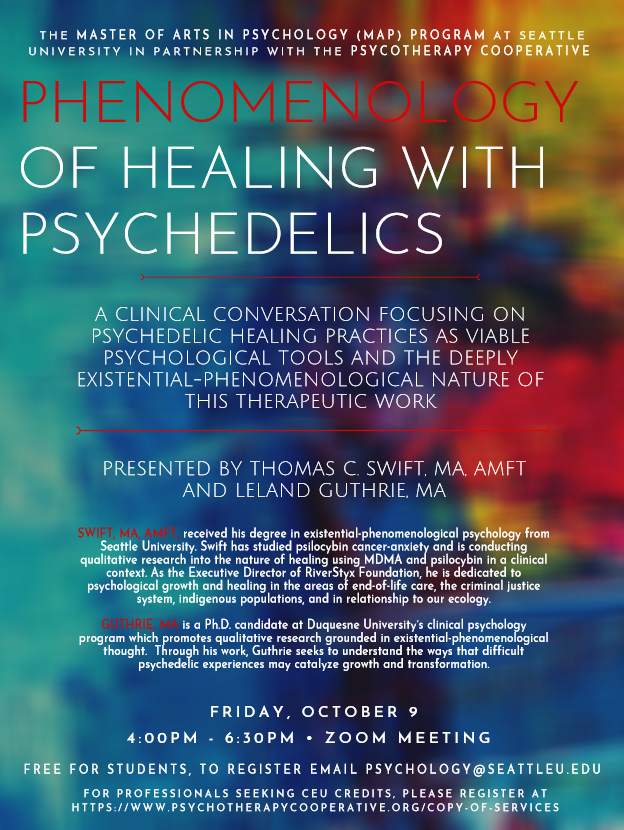
Past Events
CONTACT US
2022-2023
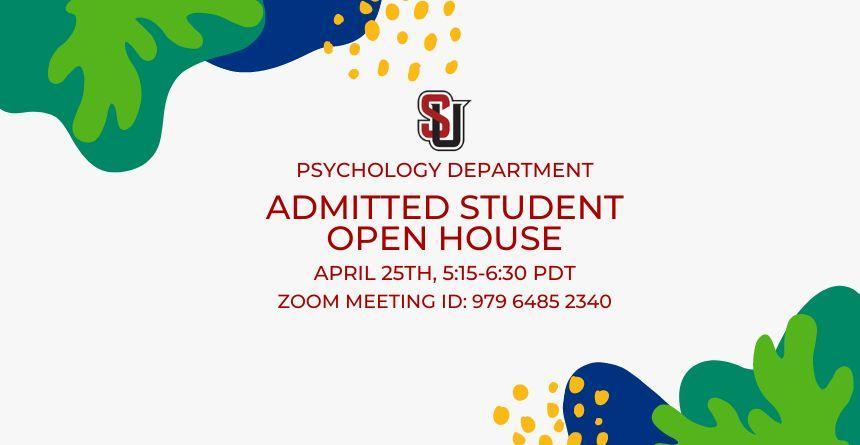
-
Psychology Department's Admitted Student Open House
-
Tuesday, April 25th 5:15-6:30 PM PDT
Zoom link: https://seattleu.zoom.us/j/97964852340
Meeting ID: 979 6485 2340
This event is open to admitted students and parents interested in the Psychology Department at Seattle University
Join us for a chance to meet current Psychology Department faculty members and students and listen to their experiences with the Psychology Department. You will have opportunities to ask all of your questions about joining the Psychology Department at Seattle U. No RSVP required.
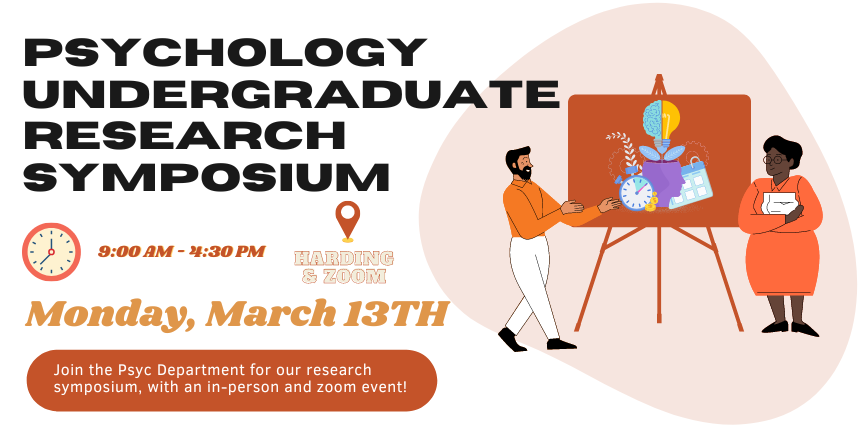
-
Psychology Undergraduate Research Symposium
-
Monday, March 13th 9:00-4:30 PM
Presentations on Zoom
Zoom link: https://seattleu.zoom.us/j/91367711326
Meeting ID: 913 6771 1326
Poster Session in Harding 140 (3:00-3:30 PM)
This event is open to faculty, staff, undergraduate students, and parents.
At PURS, undergraduate students will present the culmination of their research projects from Statistics and Research Methods sequence and Phenomenological Psychology.
Please join us for as much as you are able! Presentation will take place from 9:00-2:40, with an in-person poster session starting at 3:00, and a brief awards and reception hosted after.
For Psychology Majors who have not yet taken the required PSYC 3050 (Statistics and Research Methods II), you will be able to see the type and scope of research projects students complete in that course. Moreover, you may be inspired to take the Phenomenological Psychology course, an elective option for majors and minors (see the talks on the Phenomenology of Silence for reference in the program).
-860x445.png)
-
Imagining (and Finding One's Way) in a Time of Catastrophe
-
Saturday, March 4th 1:00-3:00 PM
Oberto Commons -- Sinegal 200 (the new Engineering building)
This event is open to faculty, staff, undergrad, and graduate students.
Please join us for this creative, interdisciplinary and interactive workshop with Dr. Jennifer Schulz, PhD, American Literature and MA, Clinical Psychology. Dr. Schulz will explore how we navigate fear of catastrophic change while also fostering a sense of well-being in our everyday, and the opportunities that this reality affords us to create more existentially-grounded relationships with our clients.
This question is one that therapists have faced with clients long before the COVID-19 pandemic, as we directly encounter the consequences of climate change, systemic discrimination and violence against minoritized groups, economic inequality, and increasingly wide-spread viral threats. Indeed, the reality of a “catastrophic era” (in which we have been living for generations) has in recent years come to be on full display. In this workshop we will explore the opportunities that this reality affords us to create more existentially-grounded relationships with our clients.
More specifically, in the face of direct and immediate threats to our physical, psychological, social, and emotional well-being, diving into a shared exploration of loss, fear, and displacement invites us to show up for our clients increasingly in our full humanness, replete with contradiction and ambiguity but also with authentic curiosity. This stance of not-knowing, as opposed to claiming to know and hence offering prescriptive tools, may help mitigate our own anxiety as clinicians. It may also lend itself to new cognitive, emotional, and imaginative avenues for self-realization and connection with and for our clients, which are means to the experience of well-being.
Dr. Schulz comes to clinical work through a career as a literature professor and writer, and thus draws from literary texts and creative practices, in addition to phenomenological theories of well-being, to inform her encounters with her clients. In this workshop, Dr. Schulz will invite you in to some of these creative practices. In other words, this will be an interactive experience; so while specific outcomes cannot be predicted beforehand, this is some of what you can expect to explore together:
- How to address clients’ expectations for prescriptive approaches to mitigating their anxiety and depression or “achieving” well-being by reframing well-being as more than “positive subjective experience.”
- How to help clients explore the mutually constituting relationship between well-being and catastrophe, and, as such to reimagine their relationship with mortality.
- How to help clients shift their sense of timefulness so they can experience the past as always arriving, the present as a suspended presence, and the future that is calling.
- How we as clinicians can draw from literary and artistic sources to attune our selves to our clients’ embodied, emotional, and sensory experiencing and, thus, not get caught in their (or our) prescribed narratives.
This workshop will provide 2 continuing education credit hours to those who are interested.
-
Fanon, Phenomenology, and Psychology - A conversation with Dr. Derek Hook
-
Monday, Feb. 6, 2-3:30 p.m.
Student Center 160Dr. Hook explores “Fanon and Phenomenology and The Topic of Racial Ontologizing Through the Body.” Sponsored by the Psychology and Philosophy Departments.
Watch Dr. Hook's recorded presentation here!
Derek Hook is a scholar and a practitioner of psychoanalysis with expertise in the areas of Lacanian psychoanalysis, post-colonial theory (the work of Frantz Fanon in particular), the psychology of racism and critical social psychology. Current projects include the development of two manuscripts to be published by Routledge's Psychology Press, the first, with Sheldon George, is titled Lacan and Race; the second, with Leswin Laubscher and Miraj Desai, is entitled Fanon, Phenomenology and Psychology. His applied (socio-political) research tends to focus on the various psychical modalities of racism, often in the contexts of American and South African culture. He is particularly interested in a psychoanalytic tracing of the various affective/psychical dimensions of race and racism, as exemplified in recent publications focusing on topics such as: white anxiety, petrified life, the temporality of racism in Fanon, death-bound subjectivity and Fanon's zone of non-being, the death-drive in culture, and racist and racializing embodiment.
In addition to his Duquesne University appointment, Derek is an Extraordinary Professor of Psychology at the University of Pretoria and South Africa. He teaches an annual summer class on Lacanian Psychoanalysis in the Department of Psychosocial Studies, Birkbeck College at the University of London. He was the recipient of International Social Research Foundation grant in 2015. He has twice been awarded a Loogman Grant from the Center for African Studies at Duquesne University (for research on the anti-apartheid Africanist intellectual and political leader Robert Mangaliso Sobukwe), and he received the McAnulty College Award for excellence in research in 2016.
Contact Dr. LeBeau if you have any questions at: lebeauc@seattleu.edu
2020-2021
-
A Quiet World: The Wonders of Hearing & Hearing Loss with Dr. David Myers
-
- Presented on October 20th, 2020
Drawing on personal experience and psychological science, David Myers explains and demonstrates the psychology of hearing and the realities and humor of hearing loss.
Presented by the Seattle University Psychology Department
-
Phenomenology of Healing with Psychedelics
-
- Presented on October 9th, 2020
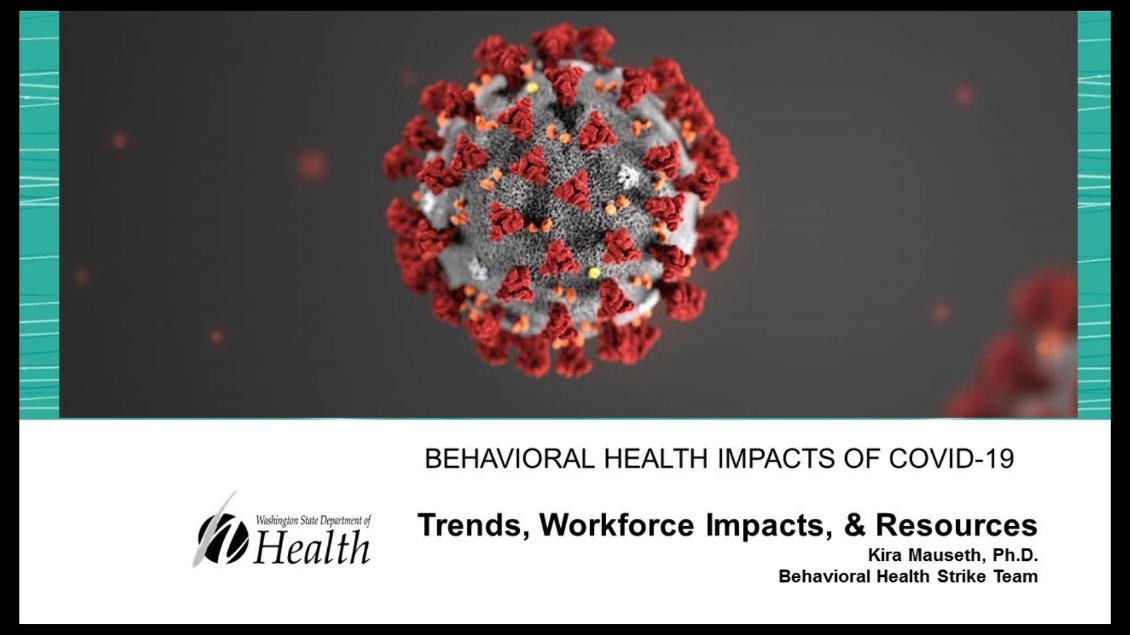
-
Behavioral Health Impacts of COVID-19
-
- Presented on October 1st, 2020
COVID-19 affects all of us in our daily lives in some ways that we may not recognize. This presentation addresses the specifics about where we are on a larger scale with our Behavioral Health responses in the context of this natural disaster across the state, and how our brains and bodies function accordingly in this phase of disaster response and recovery.Dr. Mauseth discusses common responses, symptoms, and challenges over the next few months that we will be facing, and what you can do to prevent burnout and increase resilience factors. Specific ideas are provided about how to communicate and interact more effectively with others at home and in the workplace, in the context of COVID-19 and increase our own sense of strength and resilience.
About the speaker
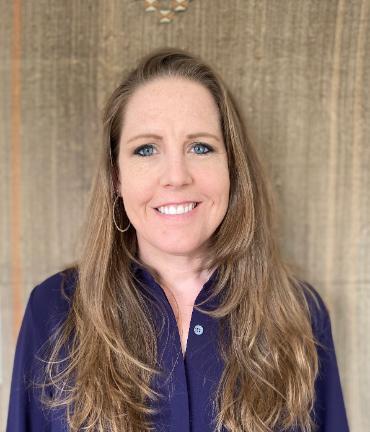
Dr. Kira Mauseth is a clinical psychologist who sees patients at Snohomish Psychology Associates, teaches as a Senior Instructor at Seattle University, and serves as co-lead for the Behavioral Health Strike Team for the WA State Department of Health.Her work and research interests focus on resilience and recovery from trauma as well as well as disaster behavioral health. She has worked abroad with survivors, refugees, and relief workers and in the US with first responders and health care workers. Dr. Mauseth also conducts trainings on disaster preparedness and resilience building.
